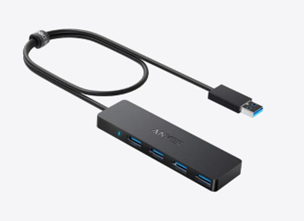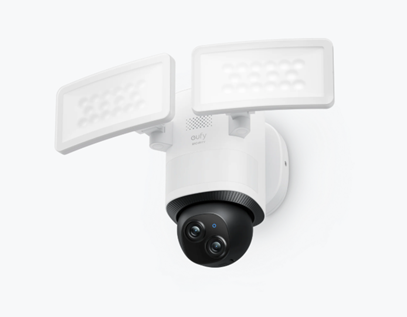Since forming at university in 2009, indie-pop quartet Everything Everything have received critical and commercial acclaim for their innovations in British guitar rock and eclectic inspirations. Their music relies on a mix of absurdist political commentary, ambitious choruses, twitchy studiocraft and the occasional gut punch. Their latest, Raw Data Feel, is no exception.
Yet Raw Data Feel, which releases May 20, is the group's poppiest record to date, despite lyrics that are more out-there than even a hardcore fan could anticipate. Though this was quite literally by design: Frontman Jonathan Higgs worked with researcher Mark Hanslip to develop an AI program that generated lyrics (some of the dispatches from the bot are on the band's website). The usage of AI is a natural extension of the band’s long-time fascination with modern technology’s advancements and limitations, which dates back to their earliest videos.
Raw Data Feel also references older material, such as the character of Raymond on "Jennifer" and the "HEX" line "soft-boiled eggs in shirts and ties," which nods to the Get To Heaven track "No Reptiles." (The line is also a shoutout to their fans, who they affectionately call "eggs" — yes, Higgs knows the other meaning in the trans community.) Knowing all that isn’t required to enjoy the record, as the loping bassline of "Pizza Boy" and rhythmic shifts of "Kevin’s Car" will appeal to anyone in need of upbeat but intelligent dance-pop.
Self-produced by guitarist Alex Robertshaw under the alias Kaines, Raw Data Feel is a showcase of what Robertshaw learned from previous records with A-list producers, like Stuart Price and John Congleton, as well as his own work with electronic soul artist Denai Moore.
Over a wide-ranging 75-minute interview, GRAMMY.com unpacks Everything Everything's extensive lore, their shift towards poppier music, and the way Higgs addresses mental health. When asked about the origins of EE’s fascination with conspiracies and hate groups, the Zoom video started glitching out, and the error somehow felt on-brand.

This discussion has been condensed and edited for clarity.
When did you start incorporating AI into this record?
Higgs: It was maybe halfway through the usual process of writing a record. I just started to mess around with AI-generated text, because I knew it was possible. And I wanted to see if I could make good lyrics really out of the worst, most extreme texts I could find.
So I looked for the least poetic thing I could think of, which was terms and conditions from LinkedIn. And then the oldest English poetry, which is "Beowulf." Then the most ugly modern speech, which is 4chan. And then I wanted a little bit of philosophy and mysticism sprinkled in, so I put in Confucius as well.
And then it spat out a load of stuff and I picked the best bits and tried to write around it, or reinterpret it a little bit, but really it's only about 7 percent of the lyrics on the record. [The use of AI is] just the thing that catches everyone's ear soon as you mention it. I've sworn secrecy about what the AI wrote and what I wrote. Because otherwise the whole thing is ruined.
Were you thinking of using AI to master the record too? Or using programs like Google’s Magenta or Amper Music?
Higgs: I very briefly thought that that's a possibility, then I just thought if we go down that path, you know, people will never believe we've written anything again. I've already got an uphill battle with the lyric thing! And anyway, I enjoy writing music too much. I don't really want to hear a computer's version of what it thinks is good, written by a load of douchebags.
You could give it the right stuff, and it would probably give you something good. Maybe that's the next record, for anyone interested in hearing us do that. It's the kind of thing you could do in a weekend, you know?




